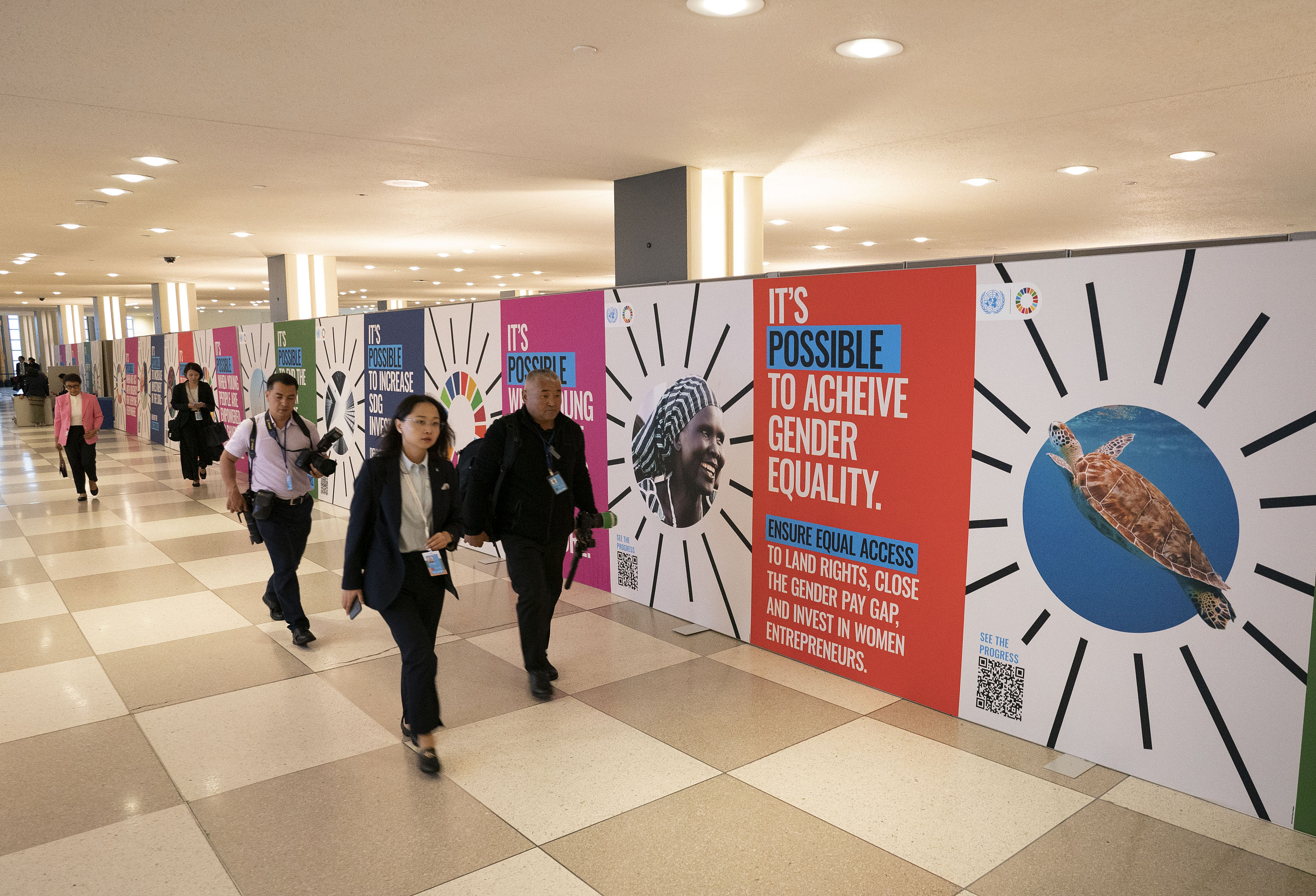Human Rights Still Central in the New Era
Editor's Note:?December 10 marks the World Day of Human Rights as the Universal Declaration of Human Rights was adopted by the United Nations General Assembly on December 10, 1948. We invited experts from the UN-mandated University for Peace headquartered in Costa Rica?to reflect on the declaration and share insights on China's human rights protection practices as well as the new human rights issues arising in the new era.
As we commemorate the 75th anniversary of the Universal Declaration of Human Rights, it is a time for profound reflection on the progress and ongoing challenges in the global pursuit of human rights. This milestone offers an opportunity to reassess our collective efforts, understand diverse perspectives, and renew our commitment to human rights in a diverse, increasingly interconnected and conflictive world.
The interpretation and application of human rights have evolved since the Universal Declaration was adopted in 1948. Across diverse cultural and political landscapes, nations have grappled with integrating these universal principles into their unique contexts.
For instance, China's approach to human rights, which often emphasizes collective well-being alongside individual freedoms, provides a contrasting yet instructive perspective. Such diversity in understanding and implementing human rights underscores the necessity of ongoing dialogue and adaptability in our global human rights discourse. A multilateral space is the area where this dialogue must be developed.
The intersection of environmental sustainability and human rights has become increasingly prominent. The global climate crisis poses a direct threat to fundamental human rights, including the right to live, to health, water, and a safe environment. China's environmental targets, like its commitment to carbon neutrality and significant investments in renewable energy, exemplify the scale and urgency of action required on a global level. These efforts highlight the critical link between environmental stewardship and the protection and fulfillment of human rights?and?effective compliance, serving as a call to global action.
The eradication of poverty is integral to the realization of human rights. China's recent strides in lifting a huge portion of its population out of poverty demonstrate the impactful role of targeted economic policies and development strategies in advancing human rights. This achievement provides a powerful example for global poverty reduction efforts, emphasizing the need to focus on economic rights as a fundamental component of the human rights agenda.?Also,?this is a fundamental achievement?of the?2030?Agenda?and the Sustainable Development Goals.

The UN Sustainable Development Goals (SDGs) Summit kicked off at the UN headquarters in New York on September 18, 2023. People walk past an SDGs-themed display at the UN headquarters. (PHOTO: VCG)
Large-scale development initiatives like China's Belt and Road Initiative illustrate the complex relationship between global development and human rights. Such initiatives underscore the importance of balancing economic development with the principles of sustainable growth and equitable practices, ensuring that human rights remain at the forefront of global development agendas to achieve the goals of the 2030 Agenda.
The advent of digital technologies, particularly advancements in AI, introduces new challenges to the human rights landscape. Issues of privacy, data security, and the ethical use of technology are increasingly relevant in a digitalized world. The policies and practices adopted by nations at the forefront of these technological advancements will play a crucial role in shaping global norms and standards in technology, with significant implications for human rights. We need global standards in this area.
As we observe the 75th anniversary of the Universal Declaration of Human Rights, the journey towards achieving these rights globally remains a work in progress. Nations like China, with their unique approaches to human rights, environmental policies, poverty reduction, and technological advancements, offer valuable lessons and challenges.
In many places, violations of human rights and violence continue to prevail. How can we get out of this situation?
This can be achieved only through education and more education. It is a task that we must undertake every day, continuing day by day with perseverance. This opens the path?to new dialogues, understanding others?and seeking the basis for substantive agreements amid differences. This is what will allow us to work to "live together" as humanity in our common home, as a human family, protecting human rights.
(Juan Jose Vazques is?the legal advisor and a professor at the University for Peace;?Francisco Rojas Aravena is an expert on international relations and human security and serves as the rector of the university.)







